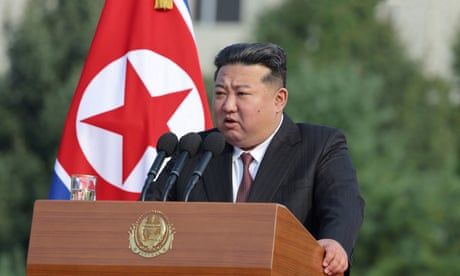
Pyongyang may be moving away from its Juche dating system, but others cling to their own kinds of time despite the Gregorian supremacy
In one regard – and one regard only – North Korea appears to have moved somewhat closer to global norms. Several state media outlets have abruptly abandoned their use of the Juche, or “self-reliance”, calendar, giving only Gregorian dates. Days before, they had also placed North Korea in the year 113, since the Juche system begins with the birth of the country’s first leader Kim Il-sung in 1912 – though it was not adopted until 1997 (or the year 86).
The onward march of the Gregorian calendar, first across western Europe and then the globe, appears relentless. Yet a handful of countries hold out. Iran and Afghanistan use the solar and lunar Islamic Hijri calendars respectively, placing their citizens in 1446 AH. Nepal’s Vikram Samvat calendar runs more than half a century ahead of the Gregorian. The Ethiopian calendar, like the Gregorian, is dated from the birth of Christ – but probably more accurately, according to Biblical scholars, since it places it in 7BC.
Continue reading...